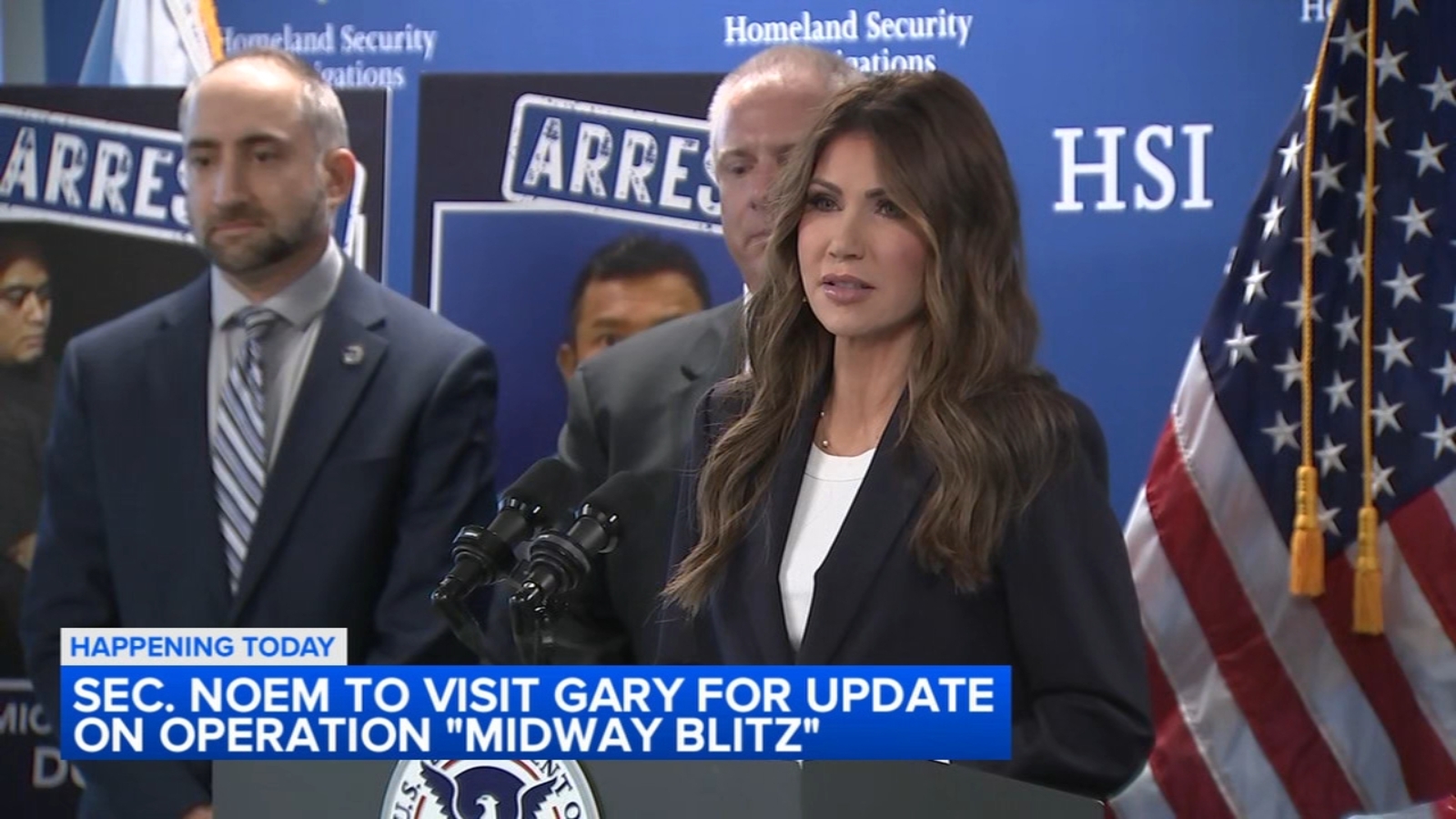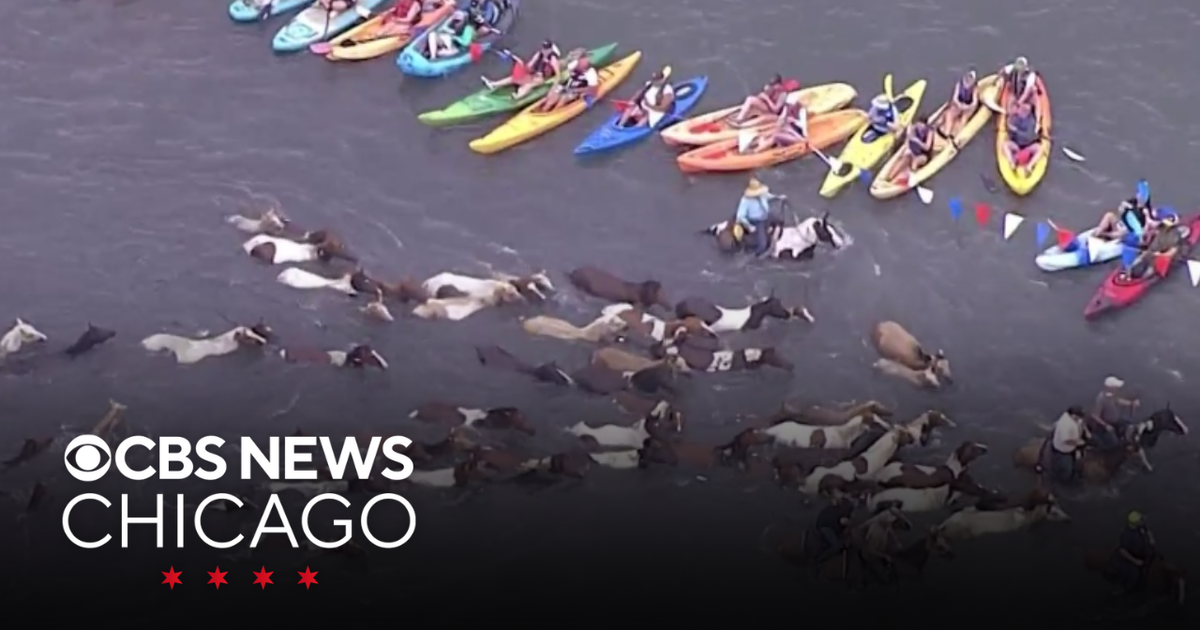Indiana
Anti-death penalty advocates rally at Indiana Statehouse against resuming state executions
Trump calls for mass deportations, death penalty for drug dealers
Donald Trump during a town hall event in Michigan again called for massive deportations and the death penalty for people who sell the illegal drugs.
When her son was taken from her by gun violence at 28 years old, Crystal Walker felt the anger first. She said she wished the person responsible would die.
But after a few weeks, Walker, who’s now a chaplain at the Indiana Women’s Prison, realized that would mean another parent would have to go through what she went through. And that felt wrong, she said.
“Even if that person is a mass murderer and murders other people, we don’t have the right to figure out when, where, how someone else dies,” she said on the steps of the Indiana Statehouse Sunday afternoon, where dozens gathered to protest Gov. Eric Holcomb’s decision to resume state executions in Indiana after a 15-year hiatus.
“That’s God’s business, right there,” Walker said.
Holcomb and Attorney General Todd Rokita announced in June that they were seeking to resume executions in Indiana state prisons, starting with Joseph Corcoran, who was convicted of murdering four people in Allen County in 1997. The Indiana Supreme Court scheduled Corcoran’s execution for Dec. 18.
President-elect Donald Trump had also signaled during his campaign that he would not only resume federal executions but expand who is eligible for them.
The Indiana Abolition Coalition and Conservatives Concerned About the Death Penalty organized the rally to urge Holcomb to stop Corcoran’s execution and end capital punishment in Indiana, arguing that it’s undignified, morally wrong and, in an appeal to Hoosiers’ practicality, expensive for taxpayers.
Bill Breeden, a minister emeritus of the Unitarian Universalist Church of Bloomington and a longtime anti-death penalty activist, called on Holcomb to go to the death chamber and witness Corcoran’s execution, if he won’t stop it.
“There is no other premeditated, cold-blooded murder like that in the world,” he said. “None.”
In their announcement, Holcomb said the Department of Corrections had recently acquired a lethal injection drug called pentobarbital, “after years of effort.”
Speaking to reporters days after the announcement, Holcomb would not divulge details about the source or cost of the drug ― information state legislators have made confidential under state law. Holcomb said he thinks executions are “appropriate in these rare cases of heinous crimes,” the Indiana Capital Chronicle reported.
“When such evil is on display, I personally believe in this,” he said.
Rokita, who ran successfully for reelection this fall, said in the news release that the death penalty is a “means of providing justice for victims of society’s most heinous crimes and holding perpetrators accountable.”
In September, Rokita filed another motion seeking an execution date, this time for Benjamin Ritchie, a man convicted in the shooting death of Beech Grove police officer William Toney in 2000.
Matthew Wrinkles, an Evansville man convicted of killing his wife and two of her family members in 1994, was the last person to be executed in Indiana, in 2009.
Joseph Corcoran’s case had many twists and turns
In 1997, 22-year-old Joseph Corcoran was living with his brother, James Corcoran, his sister, Kelly Nieto, and her fiancé, Robert Turner.
On July 26, according to Corcoran, he was upstairs and overheard his brother and Turner talking about him with some friends ― Timothy Bricker and Doug Stillwell ― in the living room. He put his 7-year-old niece in an upstairs bedroom, grabbed his semiautomatic rifle and fatally shot the four men downstairs. Then he went to a neighbor’s house and asked them to call the police.
A jury convicted Corcoran on four counts of murder in 1999, and the trial court sentenced him to death.
Corcoran’s mental health has been a recurring issue through his case. Before his trial in Allen County, his defense initially filed a notice that they would assert an insanity defense. But after court-ordered doctors evaluated him, the defense withdrew the notice, and the court found him competent to stand trial.
The Indiana Supreme Court initially threw out Corcoran’s death penalty sentence over a concern with the trial court’s process but later affirmed the sentence after the trial court reinstated it. When at first Corcoran wouldn’t sign a petition for post-conviction relief in 2003, his defense requested another psychological evaluation to determine whether Corcoran was competent to make this decision. While the experts found Corcoran suffered from paranoid schizophrenia, the court determined Corcoran was nonetheless competent to waive his relief because he demonstrated that he clearly understood the status of his case and the consequences of his decision.
In 2005, Corcoran changed his mind and tried to file for post-conviction relief, but it was too late. That year, he also filed a petition for a writ of habeas corpus in the federal District Court for the Northern District of Indiana, claiming the state violated his Sixth Amendment right to a jury trial during pre-trial negotiations. The district court granted the petition, but a federal appeals court reversed it.
Corcoran exhausted his appeals in 2016. He’s one of eight people on Indiana’s death row.
Corcoran’s legal team makes mental health argument
In a statement Indiana Abolition Coalition president David Frank read on the statehouse steps Sunday, Corcoran’s legal team argued that this death penalty sentence would not have happened if not for Corcoran’s mental illness.
Corcoran’s refusal to accept either of the prosecutor’s plea bargains ― a guilty plea in exchange for life without parole or a bench trial without the death penalty ― was a “product” of his mental illness, they wrote. They described intense delusions and hallucinations they said he experienced as a result of his paranoid schizophrenia and said friends and neighbors noticed “strange behavior” long before his trial, including seeing him talking to himself and nodding his head.
“He views his execution not as a punishment but as a means to escape his constant suffering,” the statement read. “This is a product of his irrationality, not an indication of his competency.”
Two of Indiana’s neighboring states, Ohio and Kentucky, ban capital punishment for those who had a serious mental health condition at the time of their crime.
Protesters receive a message from another inmate on death row
Rejon Taylor, a prisoner on federal death row in Terre Haute, had a message for Sunday’s protestors that Laura Lasuertmer, his minister of record, read aloud.
Taylor wondered if Corcoran, like himself, goes back and forth between wanting to live in bleak conditions or hasten his own death to put an end to it. He wondered if Corcoran also ponders the “absurdity of people protesting his looming death a little too late,” when the help he needed most was during childhood.
“If we as a society fail to embrace our children, including the marginalized and disadvantaged, when they grow older, they will burn society down to feel its warmth,” Taylor wrote. “And your protests at state capitols, or wherever you hold them, will continue in vain, the root issue still unaddressed.”
After the rally, participants lined up to ring a large bell that was originally made in 1992 for the Delaware Citizens Opposed to the Death Penalty, who would ring the bell every time there was a state execution. In September this year, the state of Delaware repealed its death penalty, freeing up the bell to travel to other states.
On Sunday, the bell’s clang echoed over and over across the lawn of the Indiana Statehouse.
Contact IndyStar state government and politics reporter Kayla Dwyer at kdwyer@indystar.com or follow her on X, formerly Twitter, @kayla_dwyer17.

Indiana
DHS Secretary Kristi Noem to speak in NW Indiana Thursday

CHICAGO (WLS) — Homeland Security Secretary Kristi Noem will visit northwest Indiana Thursday.
She’s expected to bring updates on the immigration enforcement that’s happening across the area.
ABC7 Chicago is now streaming 24/7. Click here to watch
Secretary Kristi Noem will give an update on recent immigration enforcement deemed “Operation Midway Blitz,” which Border Patrol Commander Greg Bovino has called “wildly successful” in an interview with ABC News earlier this week.
She will be joined by Indiana governor Mike Braun in Gary along with Transportation Secretary Sean Duffy and acting ICE Director Todd Lyons, among others.
SEE ALSO: Court pauses order requiring CBP Chief Bovino to meet with judge daily on immigration operations
Her visit has been met with some criticism, though, from other local northwest Indiana leaders.
Gary’s Mayor Eddie Melton said his office was not involved with planning the event and is not participating.
Hammond’s Mayor Thomas McDermott also posting on Facebook, criticizing how the press conference was announced.
Counter-protests are expected later Thursday morning.
RELATED | Chicago federal intervention: Tracking surge in immigration enforcement operations | Live updates
Bovino says nearly 3,000 people have been arrested in the Chicago area, as part of “Midway Blitz.”
The expanded immigration enforcement started in September.
Wednesday night, Governor Pritzker sent a letter to Secretary Noem, requesting a pause in ICE enforcement this weekend in and around homes, schools, hospitals, parks and place of worship, so children can safely celebrate Halloween.
The governor referenced an incident in his letter this past weekend in Old Irving Park – in which he says, federal agents reportedly interrupted a children’s Halloween parade and deployed tear gas without warning – on residents peacefully celebrating the holiday.
Copyright © 2025 WLS-TV. All Rights Reserved.
Indiana
Indiana BMV reports another text-related scam impacting Hoosiers

INDIANAPOLIS — Officials with the Indiana Bureau of Motor Vehicles are warning Indiana residents of a new scam that is being sent to Hoosiers via text.
According to a news release from the Indiana BMV, the scam asks the user for overdue payments over text, including traffic violations or unpaid tolls. The text reportedly “strongly” mimics the BMV’s mobile website and improperly cites Indiana code.
Officials said the messages should be considered fraudulent. The BMV is urging people who receive the message to delete it immediately and not click on any links.
This is not the first time that the Indiana BMV has been the subject of scam texts. According to previous reports, a scam was sent out to some Indiana residents from the “Indiana Department of Vehicles” regarding outstanding traffic tickets in early June.
“We want to make it clear that these messages are not from the Indiana BMV,” the release said. “The BMV does not send SMS text messages about outstanding penalties. In fact, the fees outlined in the messages are not ones that the agency actually collects.”
For a list of known BMV-related scams, click here.
Indiana
Indiana zoo waited 11 days to report stolen endangered tortoises

Police have launched a search for two stolen endangered tortoises after the Indianapolis Zoo waited 11 days to report them missing.
An Egyptian tortoise and a Northern Spider tortoise, both of which are on the critically endangered species list, were taken from their enclosure in the zoo’s desert exhibit between 10 a.m. local time on October 11 and 10 a.m. on October 12, Indiana State Police say.
Captain Ron Galaviz with the Indiana State Police confirmed to Fox 59 that the tortoises were not reported missing until last Thursday.
On Monday, authorities asked for the public’s help in finding the two tortoises in a Facebook post.

Facebook users questioned how the theft could’ve happened.
“I’m curious how exactly you steal not one but TWO tortoises from a Zoo?” one user wrote.
To which another replied, “We recently went to the Indianapolis zoo and they’re not in a really closed encounter. They’re just smack in the middle with very accessible fence type thing you could reach in and pick it up.”
“How do you walk out of the zoo with 2 turtles? That must be a big rain coat,” a third user commented.
But Galaviz explained the tortoises stolen were rather small.
“The tortoises are not the large giant tortoises that you see people sitting on and riding around on,” he told Fox 59. “These are actually very small, probably fit in the palm of your hand.”
Galaviz said the tortoises can be anywhere by now.
“They could end up in a pet store. They could be in somebody’s personal aquarium somewhere that obviously we don’t know, [the] black market. I think the possibilities run the gamut,” he said.

The Independent has reached out to the zoo for comment and Indiana State Police for updates on the tortoises’ whereabouts.
According to the zoo’s website, the Egyptian tortoises are typically four inches long and weigh one pound, and are endangered due to habitat loss and pet trade. Northern Spider tortoises, which are five inches long and weigh one pound, suffer from habitat loss and poaching.
Jake Oakman, a spokesperson for the zoo, said in a statement shared by ABC News, it is “working closely with law enforcement to investigate the theft.”
“We continue to hope for their safe return and we appreciate the community’s support during this time,” Oakman said.
Indiana State Police asked anyone with information that could help them in the search for the tortoises to contact police.
-

 New York7 days ago
New York7 days agoVideo: How Mamdani Has Evolved in the Mayoral Race
-

 World1 week ago
World1 week agoIsrael continues deadly Gaza truce breaches as US seeks to strengthen deal
-

 News1 week ago
News1 week agoVideo: Federal Agents Detain Man During New York City Raid
-

 News1 week ago
News1 week agoBooks about race and gender to be returned to school libraries on some military bases
-

 Technology1 week ago
Technology1 week agoAI girlfriend apps leak millions of private chats
-

 Politics1 week ago
Politics1 week agoTrump admin on pace to shatter deportation record by end of first year: ‘Just the beginning’
-

 News1 week ago
News1 week agoTrump news at a glance: president can send national guard to Portland, for now
-

 Business1 week ago
Business1 week agoUnionized baristas want Olympics to drop Starbucks as its ‘official coffee partner’


















